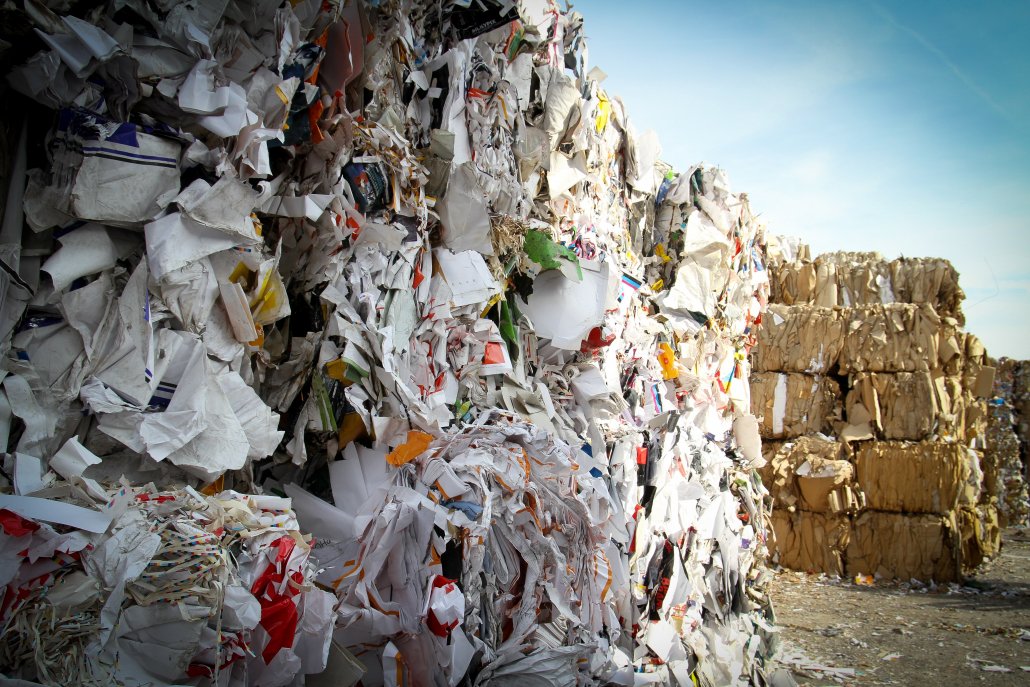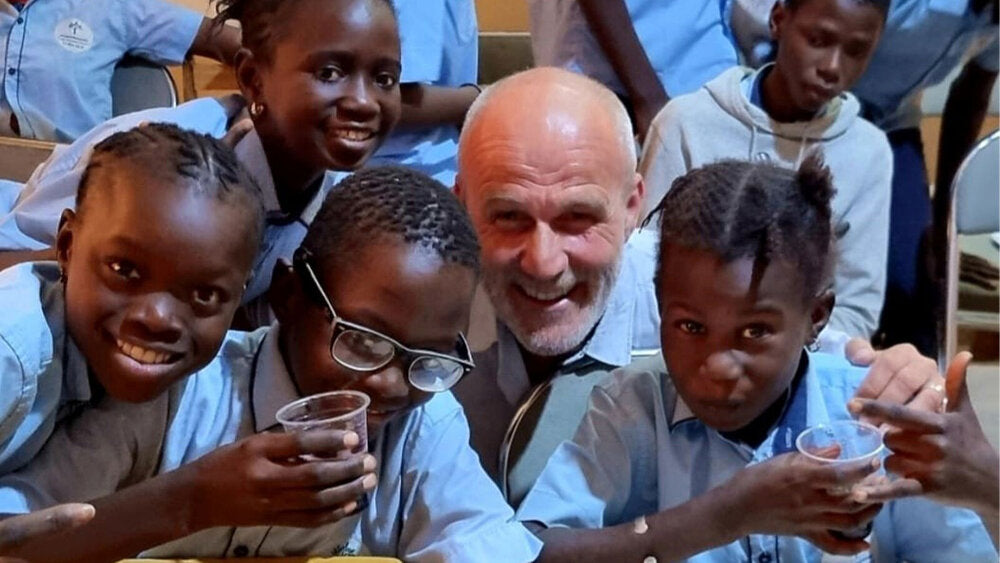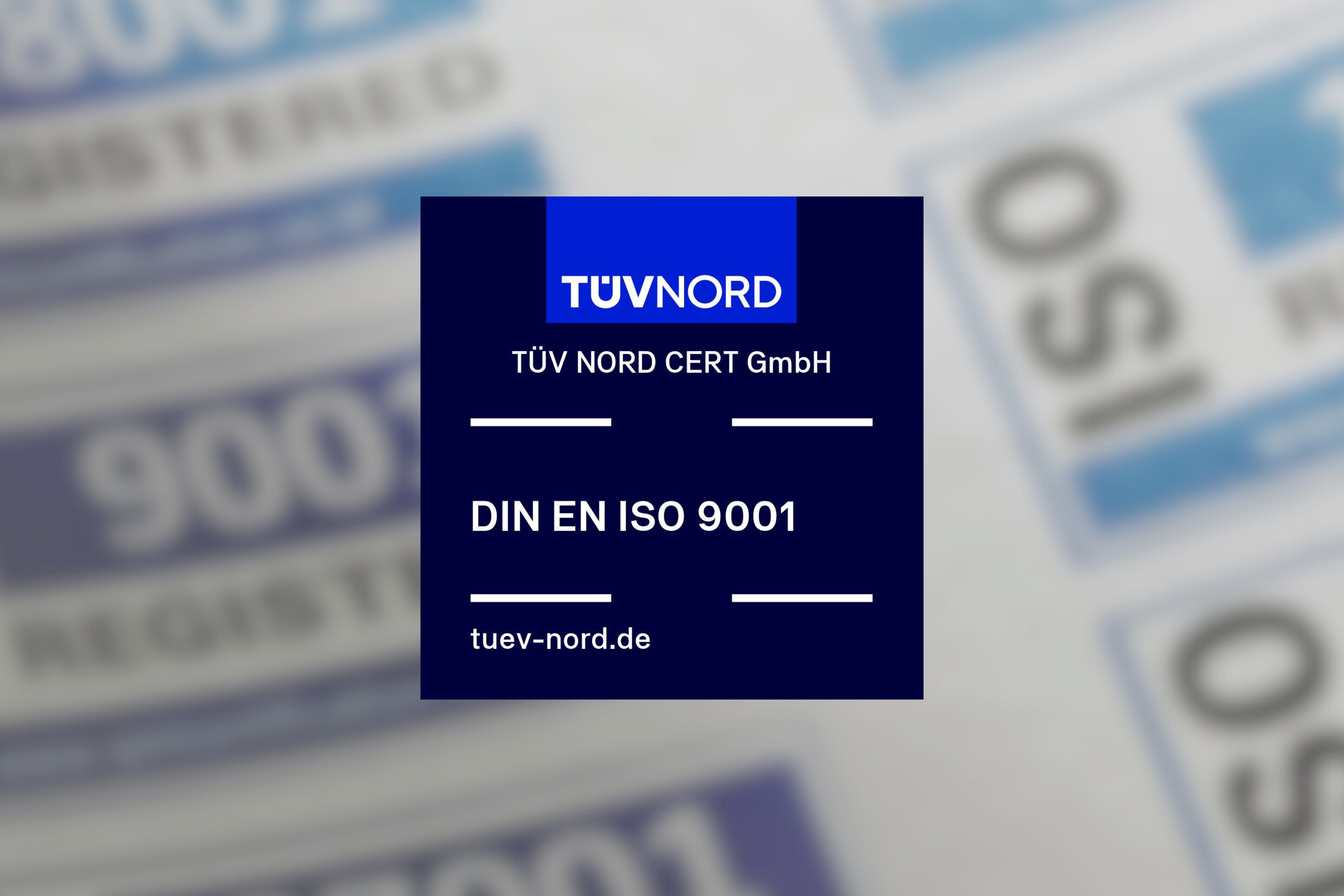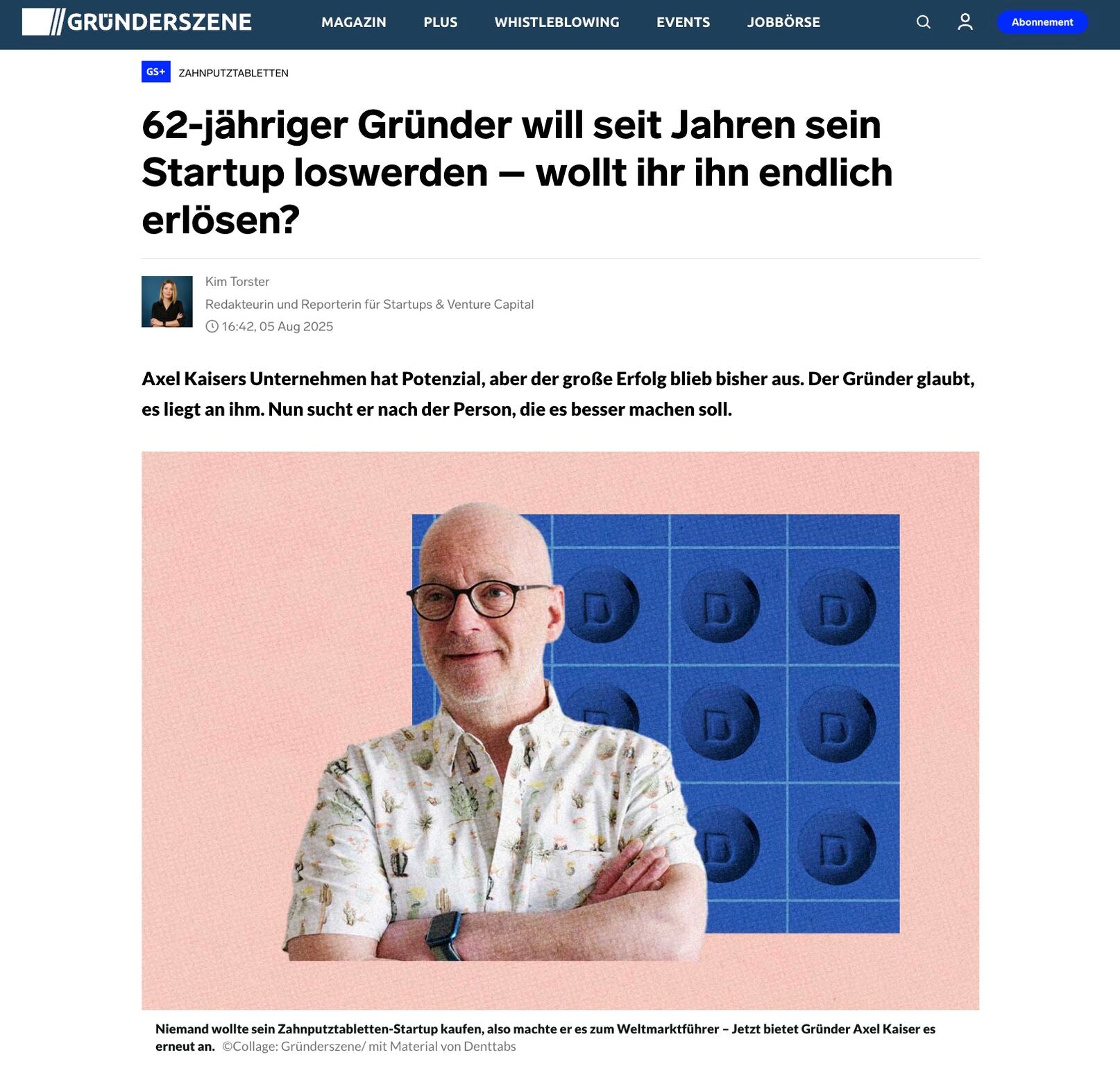We have founded the Initiative Kreislaufverpackung!
"Compostable packaging," "sustainably packaged," "closed-loop packaging" - if you are concerned with how to dispose of the packaging in the most environmentally friendly way and what happens to it afterward, then you quickly come across many terms and perhaps also ambiguities. We want to clear this up for our consumers - thoroughly! That's why Denttabs has launched the Initiative Kreislaufverpackung. What this means, what we stand for and what we are working on, we explain to you today and hope you feel like supporting our sustainability efforts.

How are Denttabs toothpaste tabs packaged?
We prefer to sell unpackaged. This is not possible for good reasons. Denttabs has had new packaging since 2018: instead of the previous plastic can, our Denttabs toothpaste tabs have since been available minimally and lightly packaged in a certified industrially compostable bag. But what does that mean exactly?
What is compostable packaging?
The term "compostable" is unfortunately often inaccurately or even incorrectly explained. The EN 13432 certification for packaging in Europe states that the packaging composts under industrial conditions. This means that the packaging decomposes to at least 90% after a maximum of 12 weeks at a specified temperature and humidity in the compost. This also stipulates maximum limits for heavy metals and a test (ecotoxicity analysis) that verifies no adverse effects for plants.
What's the problem with compostable packaging?
In Germany, the packaging is not allowed in the organic waste garbage can - regardless of whether the material is certified for industrial compost or not. Compostable packaging can nevertheless make a meaningful contribution and what happens to it when it ends up in the garbage can is a critical debate. Some questions that arise are:
- Do the materials really compost?
- Are the materials recycled?
- How do disposal companies handle the materials?
- What does this mean for our environment?
To get answers to these and other questions and, above all, to work on possible solutions, we have founded the Initiative Kreislaufverpackung.
The Initiative Kreislaufverpackung
In July 2020, we founded the Circular Packaging Initiative with Rapunzel, Sonnentor, The Nu Company and Samova.
"Closed-loop packaging" means that a package is integrated into a cycle and does not end up in a landfill, for example, as if on a one-way street. It is currently the subject of discussion which process makes the most sense for compostable packaging. With the Circular Packaging Initiative, we want to get things moving in this deadlocked debate and talk to all the waste disposal system players to this end. The exchange is intended to help us develop ecologically sensible approaches to solutions.
Our Sustainability Manager Nele and our Project Manager Fabian are leading the initiative from Denttabs headquarters. Here they tell us what motivated them to get involved and what they want to achieve with it:
Why are you part of the Circular Packaging Initiative?
Fabian: The immense amount of waste in Germany is frightening. In compostable packaging, we see the potential to be a puzzle piece of the solution. With the Circular Packaging Initiative, we want to determine how this can be achieved.
What is your personal goal with the initiative?
Nele: When I come across a problem, I want to solve it. There is a significant lack of transparency around the topic of compostable packaging and at the same time, a need for clarity on the part of customers and companies.
Fabian: I find it interesting to bring together different stakeholders. At the beginning of the initiative, it was clear that if we wanted to achieve this, we would have to work together. If we all have the same goal, why shouldn't we work together?
From your point of view, what would be the best case that could be achieved with this initiative?
Nele: I think a big milestone would be to adapt the DIN certification for compostable packaging to the realities of composting facilities and standardize the approach in collaboration with all stakeholders.
Is there a chance or opportunity for other companies to join and support? How?
Fabian: Absolutely! Companies that are already working on compostable packaging are welcome to contact us. We are also open to exchange with experts and stakeholders in the field.
Why should companies make the extra effort and align themselves sustainably?
Nele: Companies have enormous leverage. Many companies don't dare to go down the path of sustainability because, on the one hand, they don't know where to start, and, on the other hand, they think that everything has to be perfect overnight. I think it's a deceptive attitude and keeps companies from assuming their responsibility in our society.
What can you and I already do today?
Nele: If possible, try to avoid packaging in your daily shopping. There are more and more unpackaged stores in Germany (and beyond) where you can buy goods in bulk and put them in the containers you bring with you. Our Denttabs toothpaste tablets are available in every well-stocked unpackaged store - at Unverpackt e.V. you can find an overview of all unpackaged stores.
With the circular packaging initiative, we are actively working to bring clarity to the debate and develop solutions. Follow our blog and social media channels to be the first to know!
Sources and related links:
https://www.umsicht.fraunhofer.de/de/ueber-fraunhofer-umsicht/nachhaltigkeit/nationale-informationsstelle-nachhaltige-kunststoffe/zertifizierung/kompostierbare-kunststoffe.html
https://www.tuv-at.be/de/green-marks/zertifizierungen/ok-compost-seedling/





Split:
Denttabs donates the VAT savings
Initiative Kreislaufverpackung : ,,The Nu – Way of thinking“